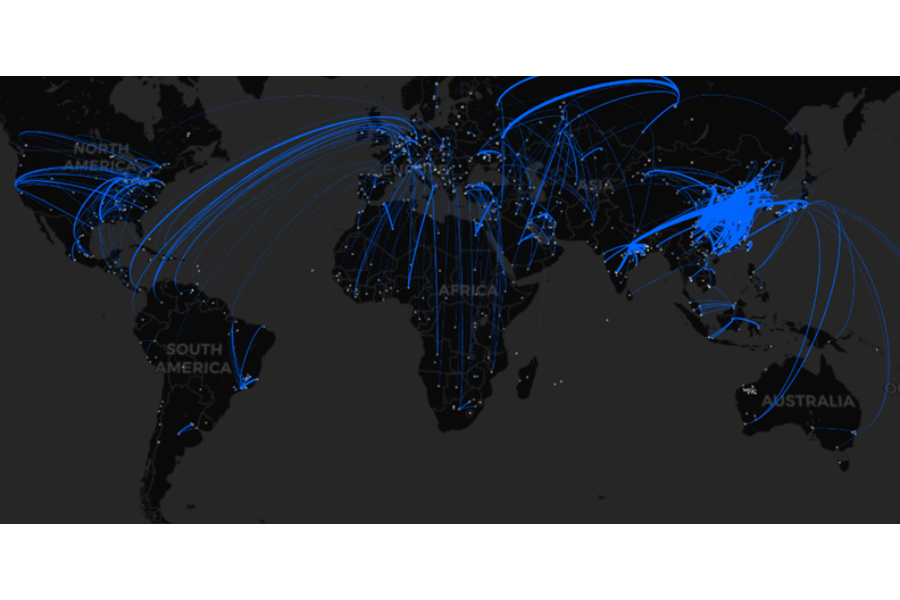Steel-IQ, an open analytics platform, sets a new benchmark for decarbonization in the iron and steel industry by enabling stakeholders to design, test, and evaluate practical pathways toward a low-carbon, competitive global ferrous metals sector.
An open, transparent, and authoritative analytical foundation for decarbonization, Steel-IQ has been developed by Systemiq, with support from the iron and steel industry and policy experts.
“We aim to spark transformative collaboration and innovation throughout the entire global steel value chain by making this tool open source. Transparent data and open-source tools are essential to unlocking the pace and scale of decarbonization required for climate success,” said Peter Hulshof, partner at Systemiq.
As a standalone and extendable modelling platform, Steel-IQ is built to provide sophisticated insight to address the most critical obstacles to decarbonization of iron and steel:
- Iron sources and scrap supply: Users can model the impacts of changing ore grades (powered by S&P mine data) and global scrap flows on the economics and emissions profile of steel production.
- Industry footprint evolution: Scenario tools enable the exploration of new plant locations, factoring in geography, renewable energy availability, infrastructure, and local regulatory contexts.
- Trade and subsidy impacts: Steel-IQ simulates how tariffs, carbon border adjustments, and subsidy schemes shape competitiveness and cross-border investment, providing an evidence base for strategic advocacy and negotiation.
- Policy and carbon pricing: The platform enables stakeholders to evaluate the effects of industrial policy choices and diverse carbon price paths on technology adoption, emissions, and global steel flows.
“The decarbonization of iron and steel is increasingly feasible — the technology exists, and the economics are starting to add up. But achieving impact at scale requires moving beyond isolated pilots to coordinated, sector‑wide transformation. Steel‑IQ’s open‑access platform equips decision‑makers with the analysis and modelling needed to turn ambition into large‑scale, practical action across the global steel value chain,” said Adair Turner, chair, Energy Transitions Commission.

